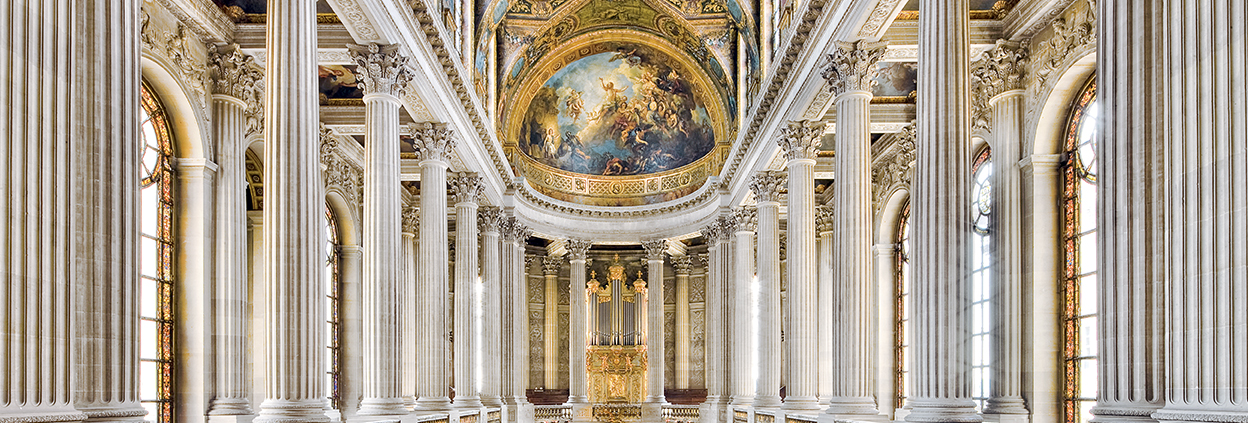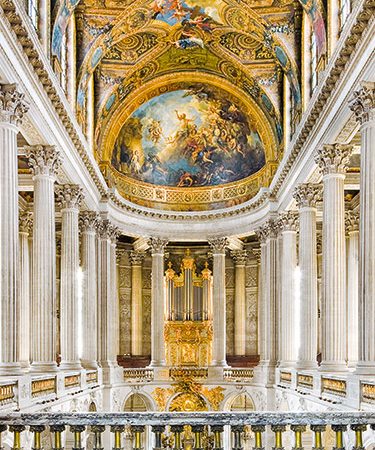Cast
Ana Quintans Soprano
Victoire Bunel Mezzo-soprano
David Tricou Tenor
Serge Goubioud Tenor
Virgile Ancely Bass
La Tempête Choir
Le Poème Harmonique Orchestra
Vincent Dumestre Conductor
Presentation
Sealing the peace of a kingdom was the act of love of Louis XIV. By marrying the Infanta Marie-Thérèse, daughter of the King of Spain, in June 1660, the young Louis XIV allowed his kingdom to enter into peace and ended a long war between Spain and France. To make the joyous sounds of Parnassus ring, the grandest festivities were laid out in honor of His Majesty during his journey to and return from Paris.
Show moreIt took no less than Du Mont, Lully, Cavalli, and many other skilled composers to work on the celebrations for the wedding.
Based on testimonies preserved around these celebrations, from Saint-Jean-de-Luz to Versailles, this program recreates the musical works that accompanied them: the King’s trumpets open the concert, while the galleries of the church welcome the symphonies, organ, and motets of Dumont; finally, the most beautiful excerpts from Cavalli’s Il Xerxe and the symphonies of Monsieur de Lully that accompany it allow us to hear the opera that celebrated the newlyweds’ return to their Château.
This new production is made possible thanks to the generous support of Madame Aline Foriel-Destezet.
Programme
Aux portes du temple
Jean-Baptiste Lully (1632 – 1687) : Sonneries pour les trompettes du Roi
Entry of the Delegations
Louis Couperin (ca. 1626 – 1661) : Prélude en ré mineur (1654)
Jean-Baptiste Lully : Entrée pour la Maison de France, Les Espagnols, Les Basques
Celebration of Peace
Jean Veillot (1600 – 1662) : Hymne O filii e filiae
Jean-Baptiste Lully : Motet pour la Paix Jubilate Deo, LWV 77
The Wedding
Guillaume-Gabriel Nivers (ca. 1632-1714) : Livre d’orgue contenant cent pièces de tous les tons de l’Église : Plein jeu du troisième ton, Récit de cromorne du troisième ton
Salomone Rossi (1570 – 1630) : Sinfonia grave
Francesco Cavalli (1602 – 1676) : Magnificat
Ballet of Nations & Rejoicings
Francesco Cavalli : Xerse : « Lasciate mi morire«
André de Rosiers (actif 1634 – 1672) : Après une si longue guerre
Nicolas Métru (1600/1605 – 1663) : Ô France
Juan Hidalgo (1614 – 1685) : Celos aun del aire matan : « Dos zagalas venian«
And also…
Les Noces Royales de Louis XIV
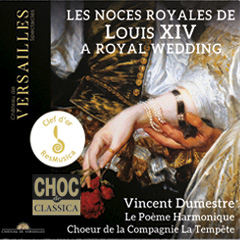
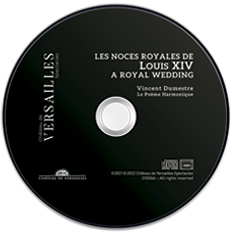
N°66


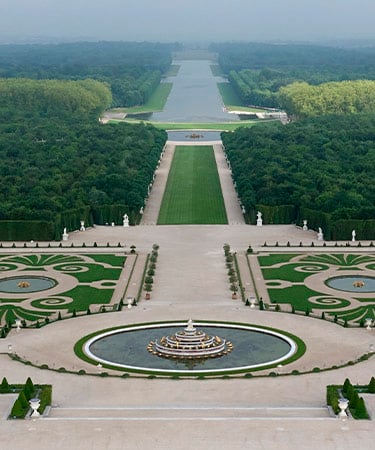






 Francais
Francais
 English
English
 support
support

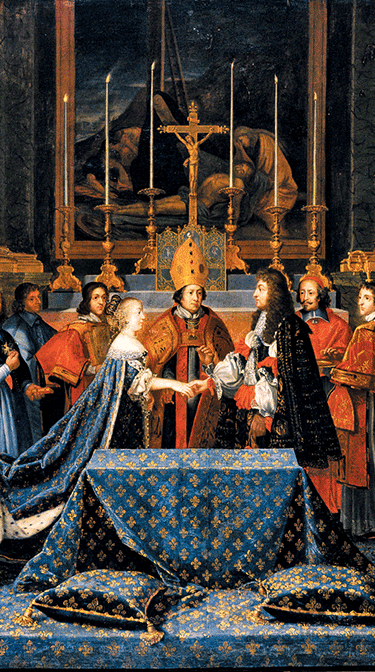
 Sunday July 3rd 2022
Sunday July 3rd 2022




